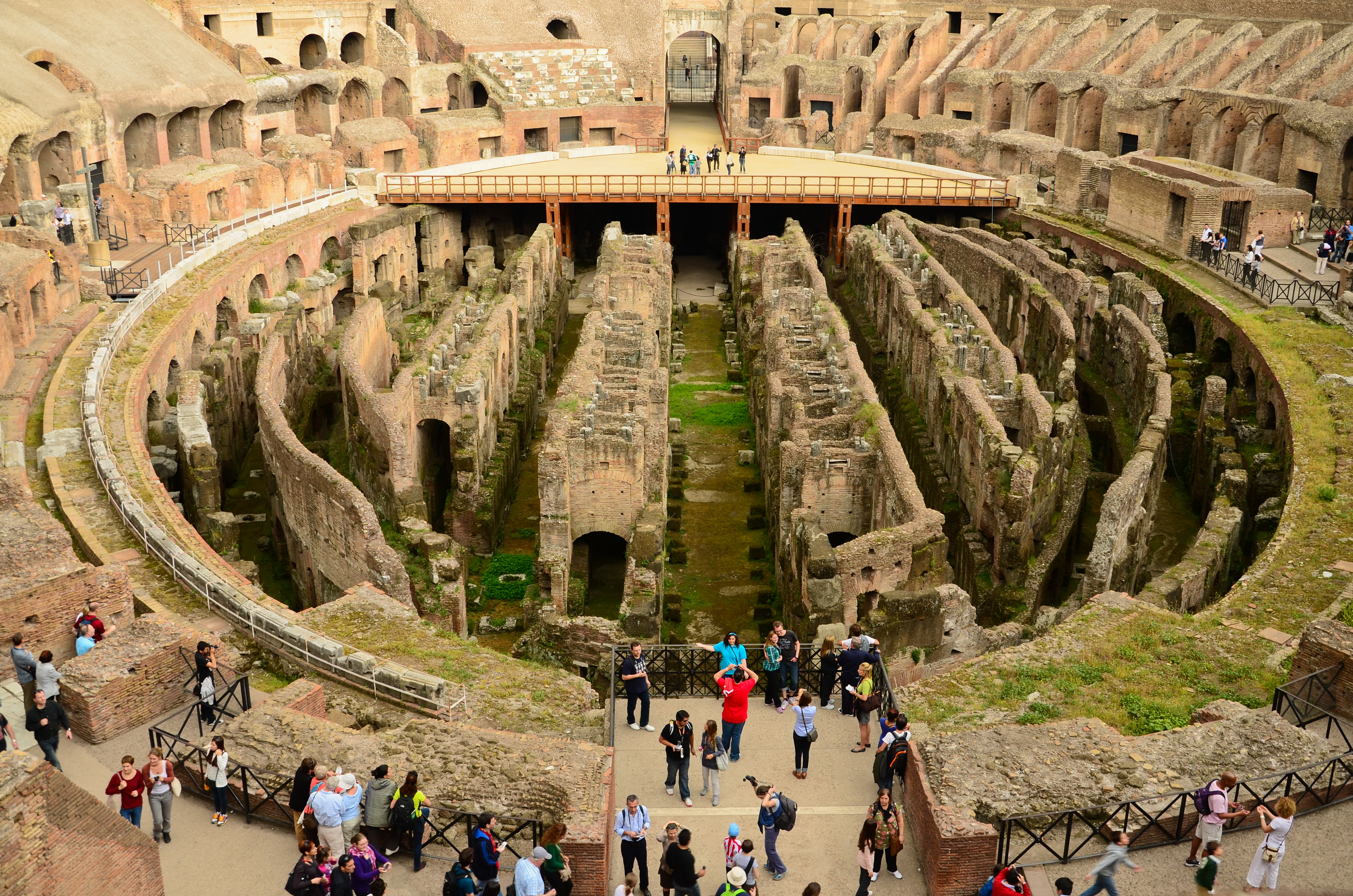Changing the scene from Santa Clara to ancient Europe has been delightful.
Our family has been touring and discovering the sights and history from Venice Italy to Athens Greece, visiting many ports and countries along the way.
Not often do you have the chance of experiencing the topography of Albania, the beauty of Croatia, or the history of Greece.
Notable, is the common denominator of defense, built in and around nearly every ancient city. Walled cities, multiple castles, hundreds of churches, now providing appeal to the invading tourist industry as opposed to invading armies.
Of course, politics has left its imprint on the landscape.
It is apparent the struggle for freedom and autonomy has been a historical movement reflected in the centuries of building these protective walls and castles.
Many of these structures were the results of hundreds of years of labor, both forced and volunteered.
Control of land and territory is not new. There always seemed to be leader or two who always wanted more. Since residents didn’t get to vote, they were subject to the whims and egos of the rulers in power. These were usually descendants of ruling families. As we know, some were good and others not so much.
The ancient arenas that dot the landscape tell a story of competition and community challenges. Perhaps not that much different than our own stadium that could be, should be, the focal point of our community.
When you think of the time invested to build such arenas was a hundred years or more, Santa Clara’s stadium is a modern wonder.
The difference is dramatic.
Today these ports of the Mediterranean offer a rich history for visitors to peek into the lives of our ancestors. The similarities of societal activities are evident in being displayed through the remains of ruins filled with stories.
Perhaps we will only know from these glimpses of what transpired in reality and, we can piece together a picture of our past.
This is a kind of forecast for our future.
Building is in our nature. Building is growth. We build or we don’t.
To stop building creates an end and, eventually, a lot of ruins. Today, we would call these slums.
Looking at this history close-up reveals once rich, powerful and purposeful societies bent on growth. Somehow, they lost their way and, in the process, left a legacy of reminders to all of us.
These ruins have now become the visiting grounds for the world-wide tourist industry.
We are fortunate to have visited, to be reminded once again that building is growing, it is life, it is self-expression, and the options are not the best alternative.












0 comments